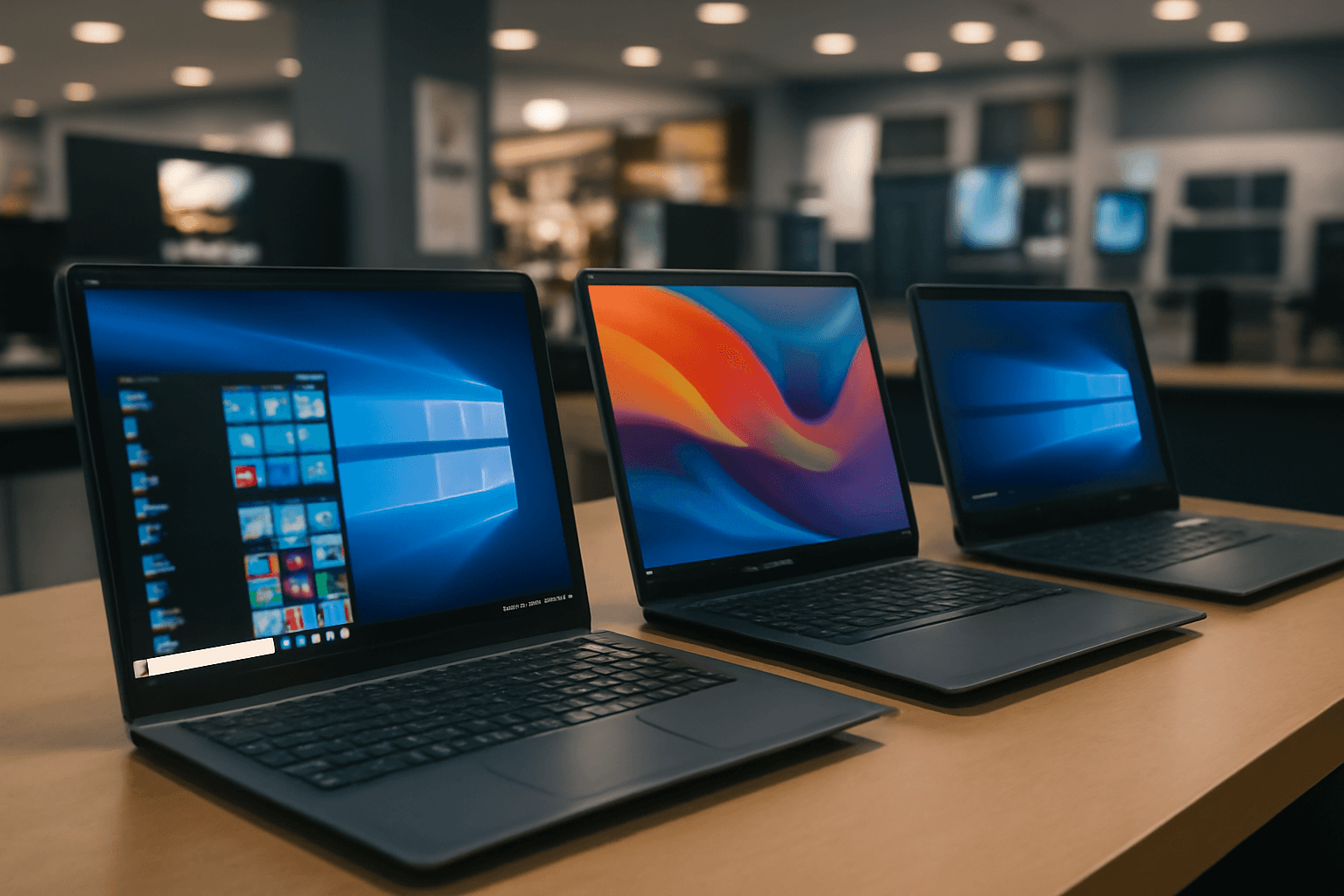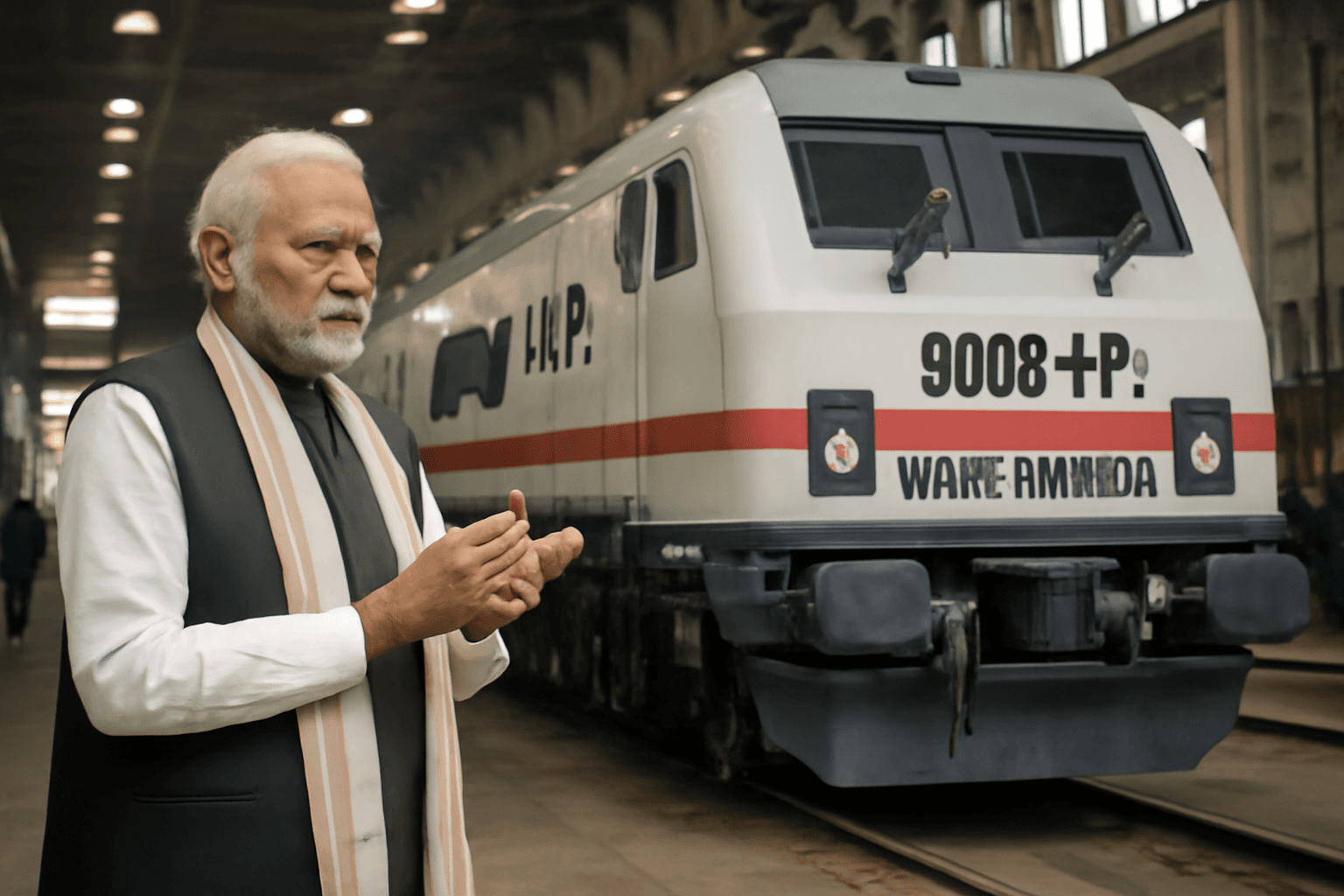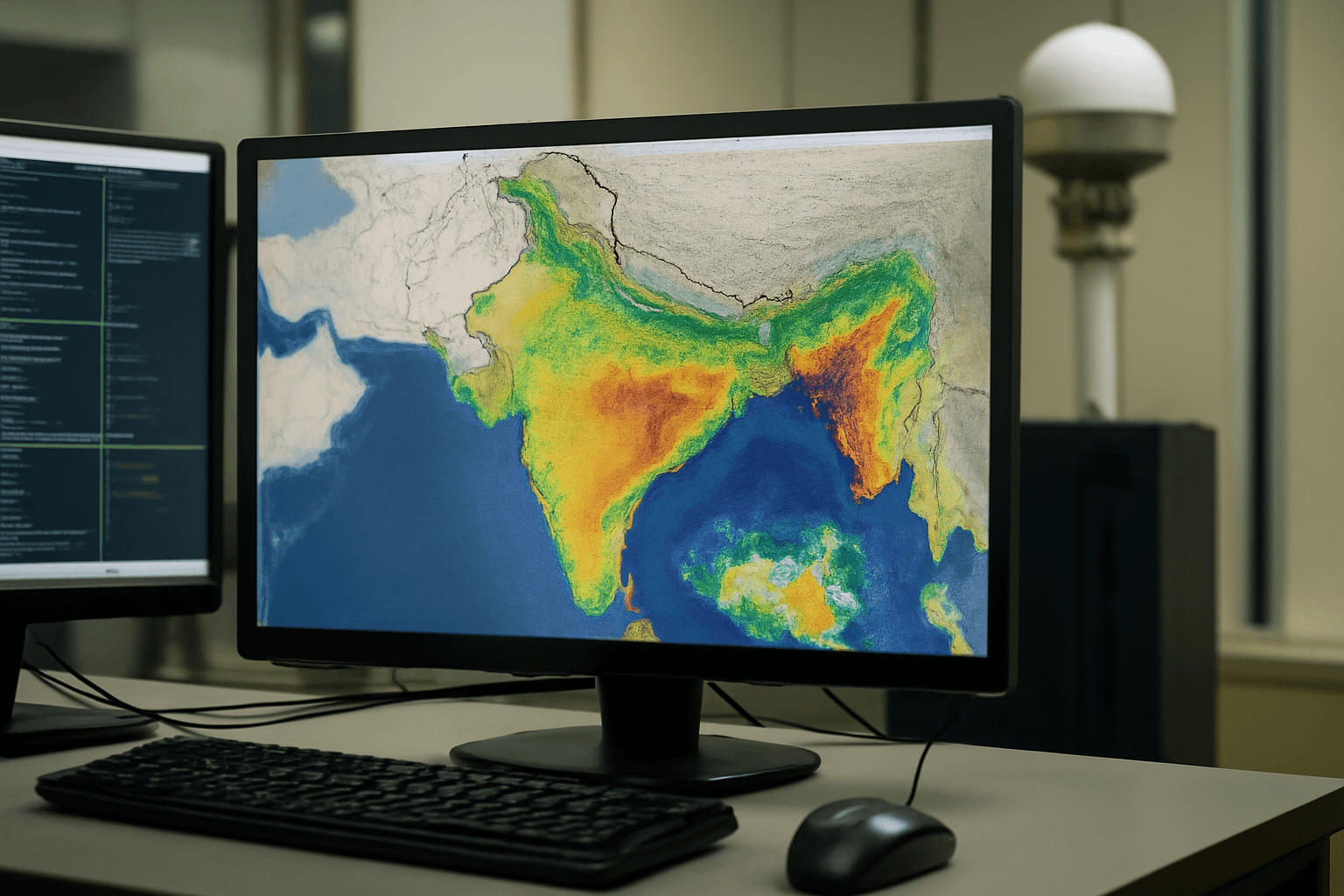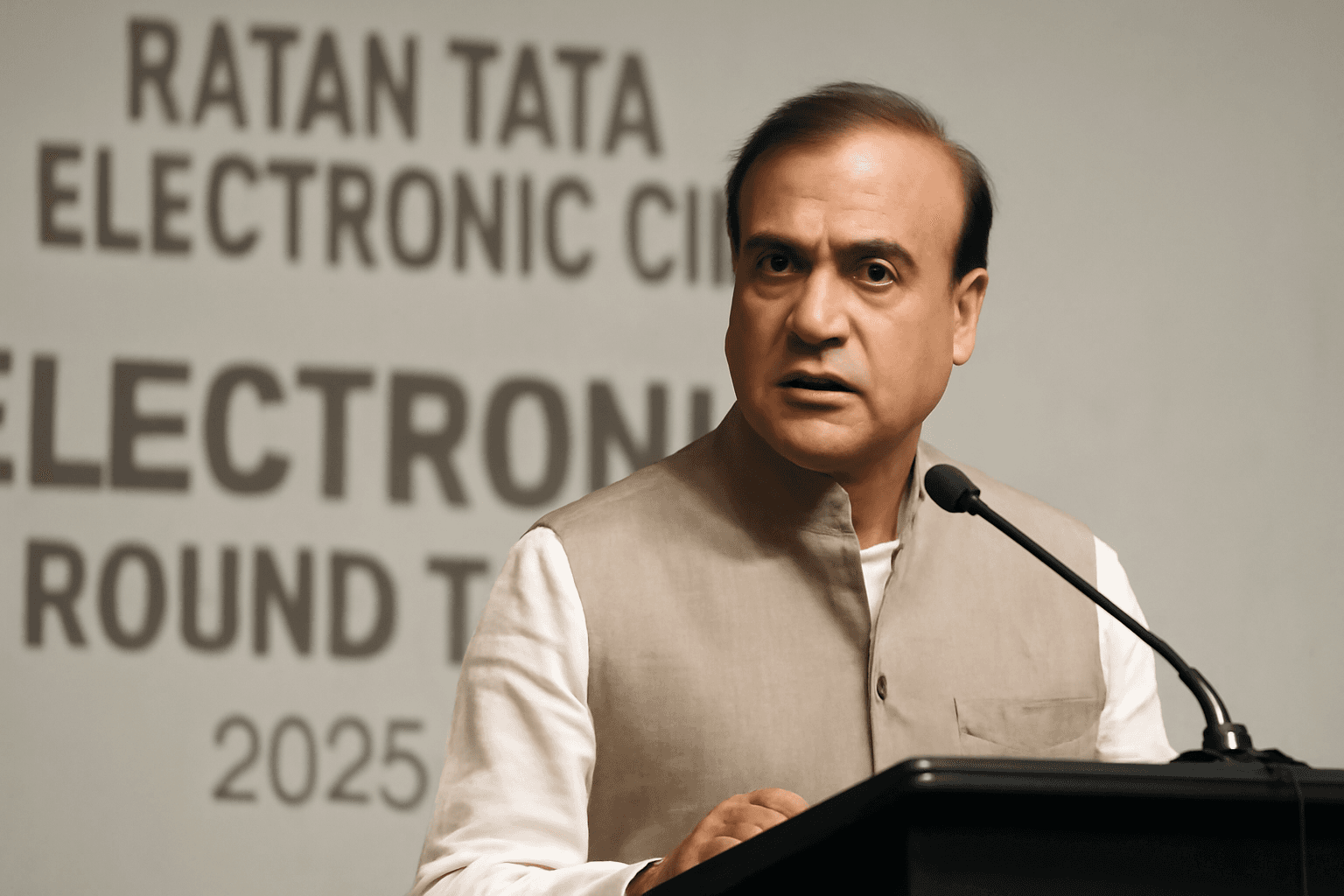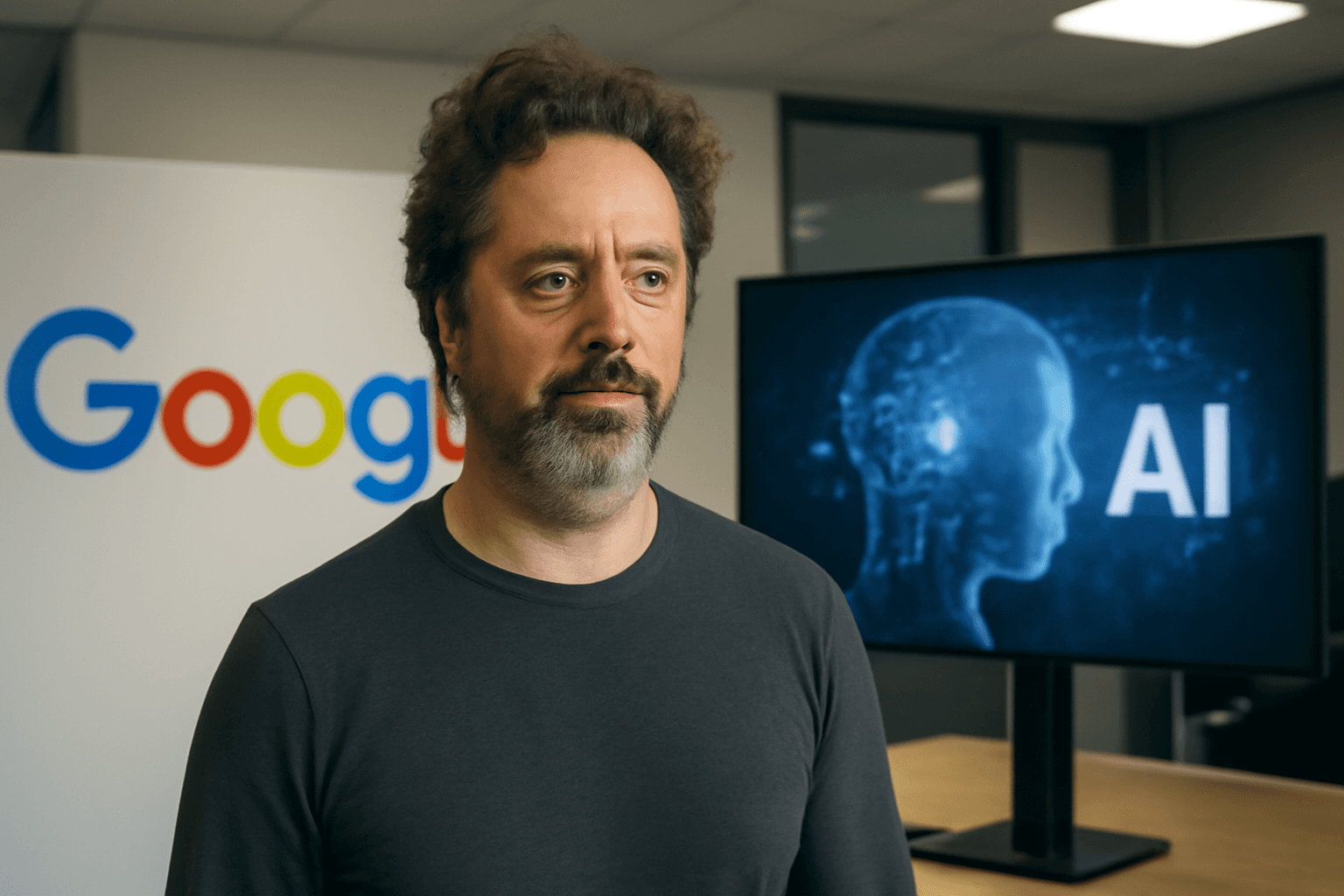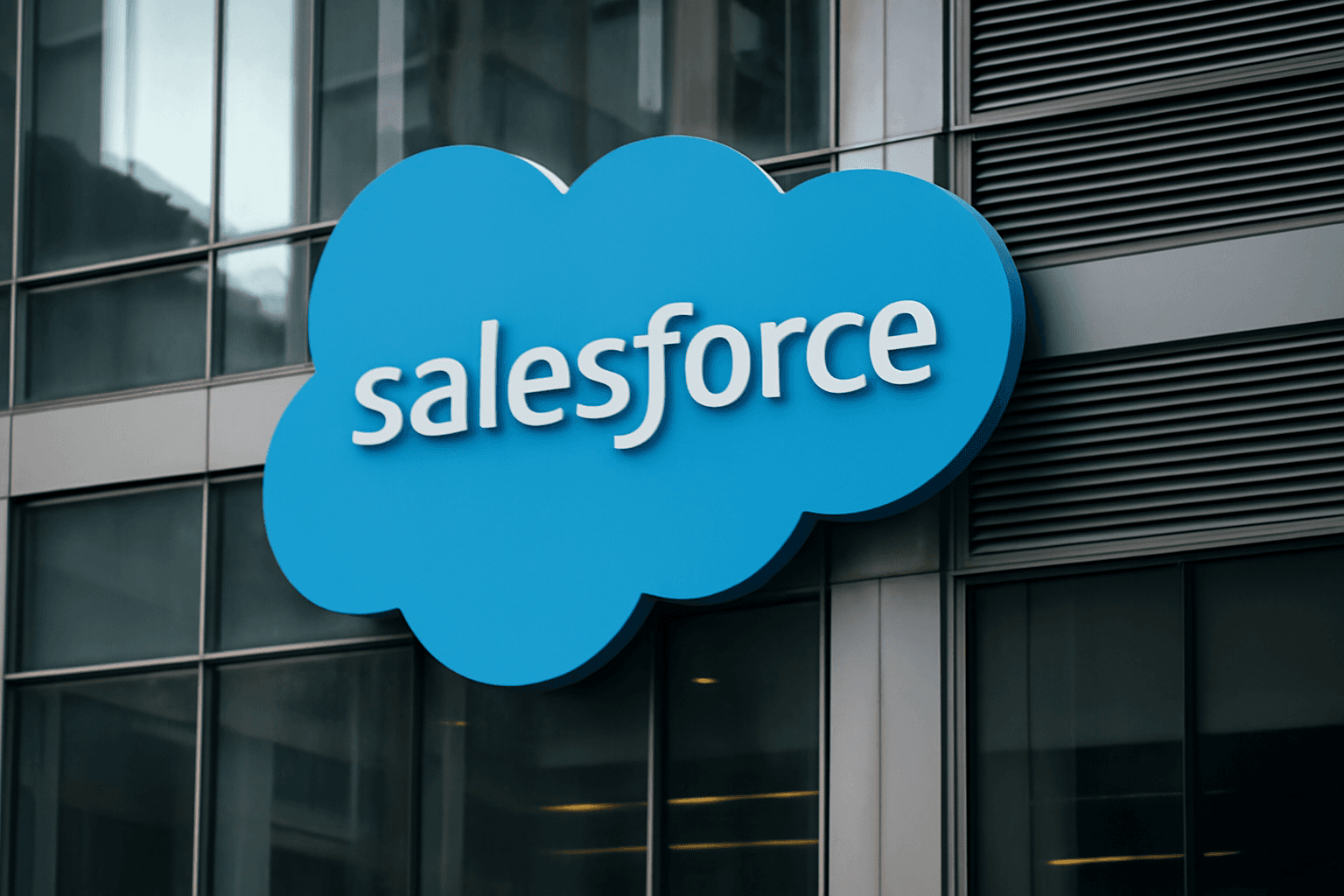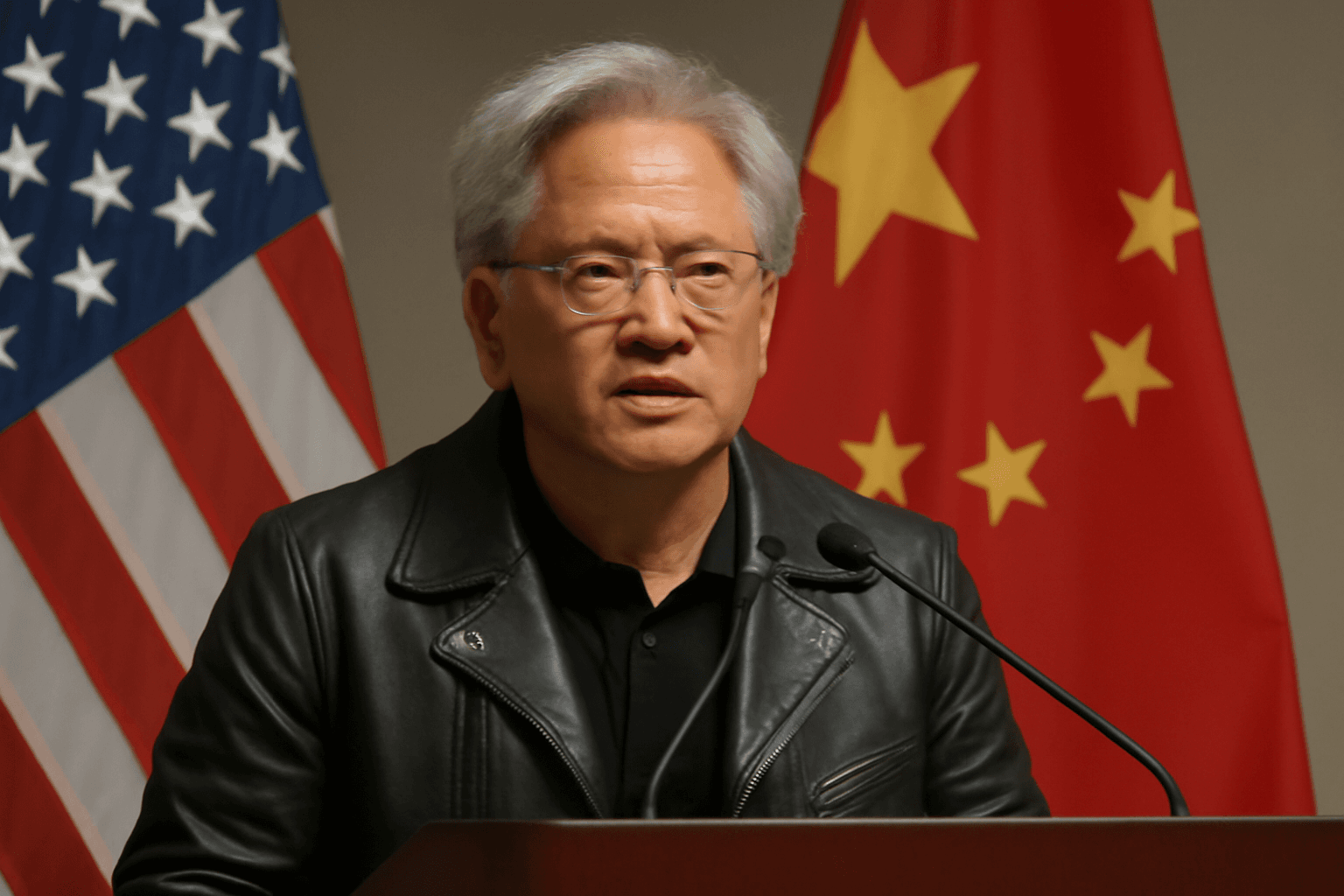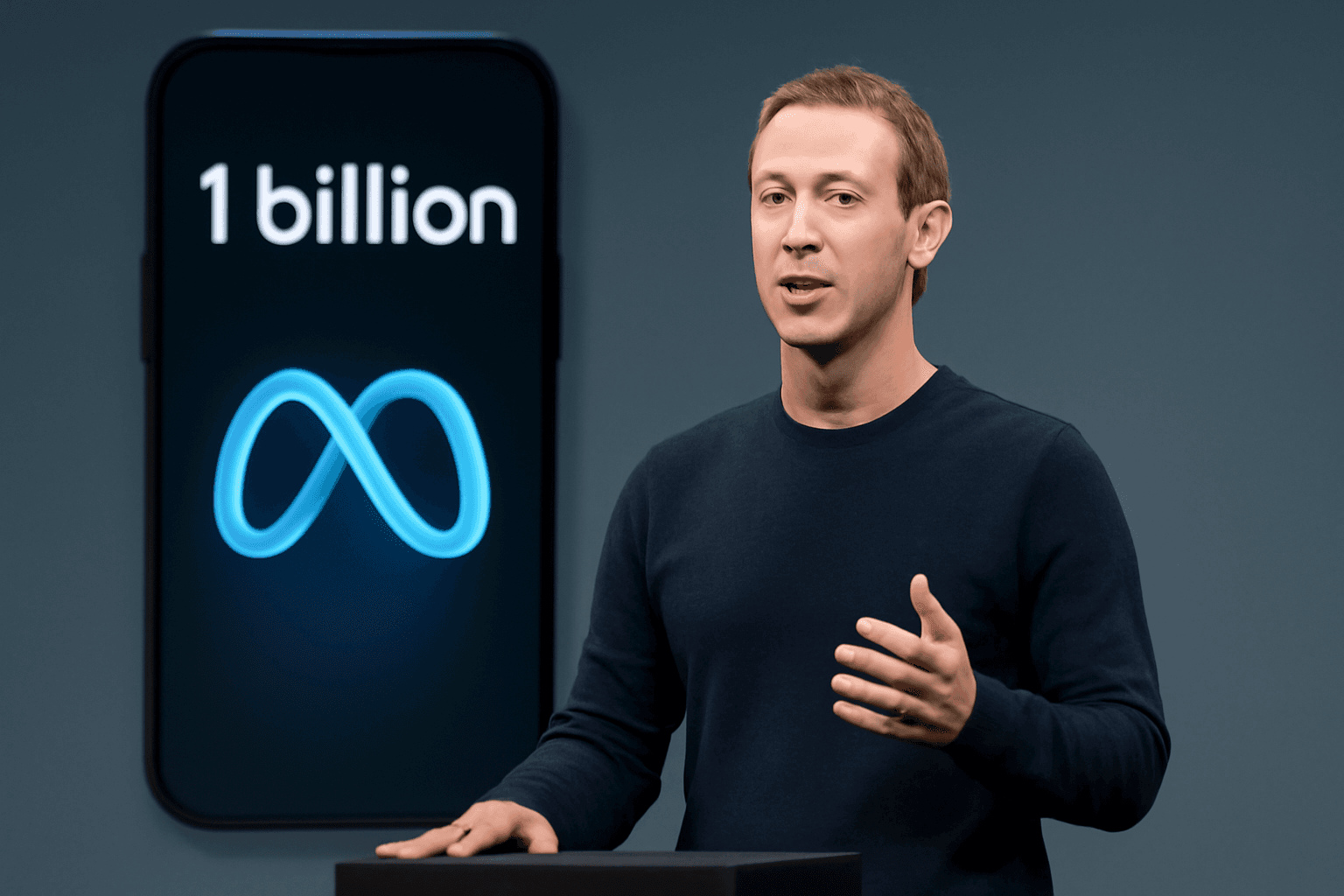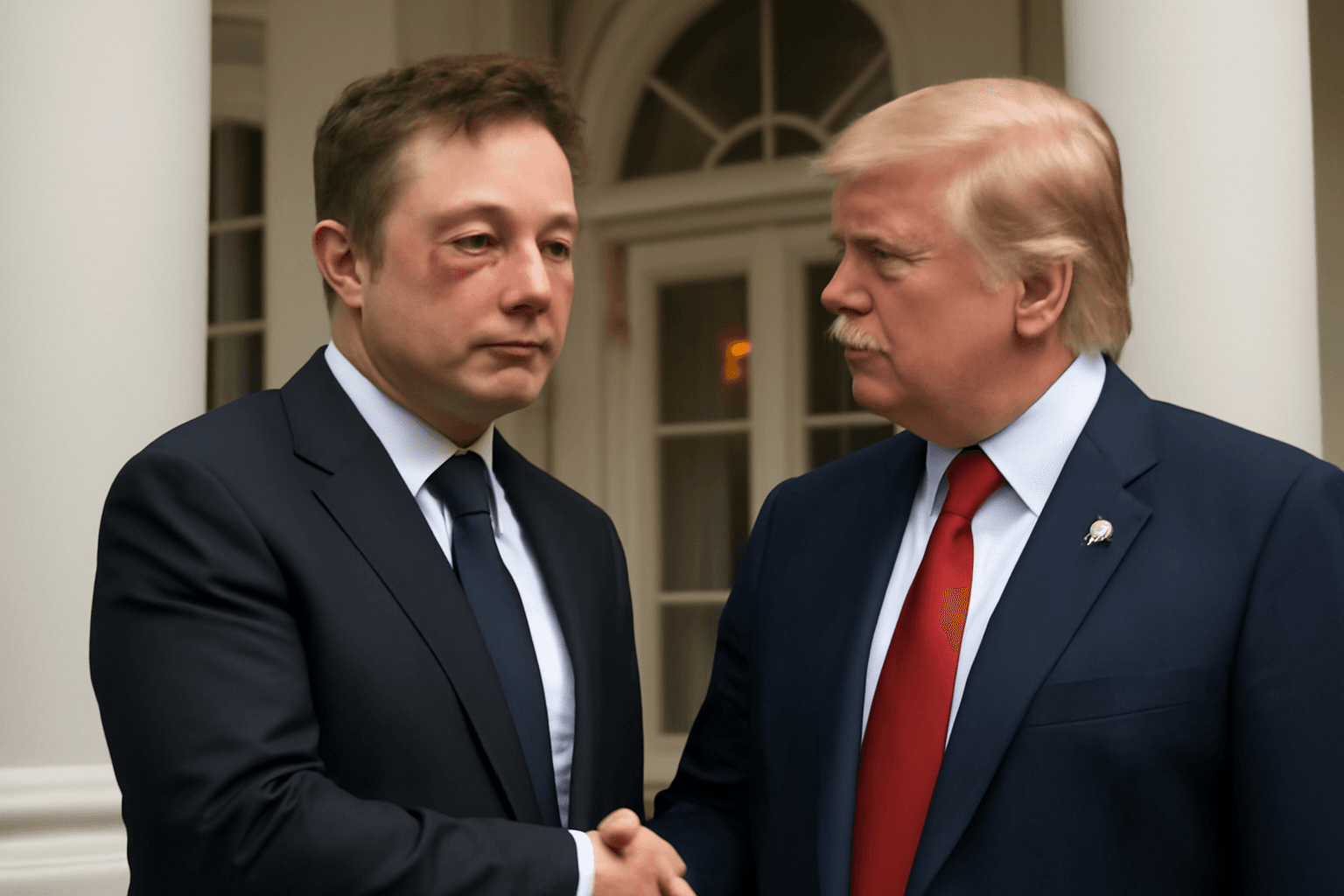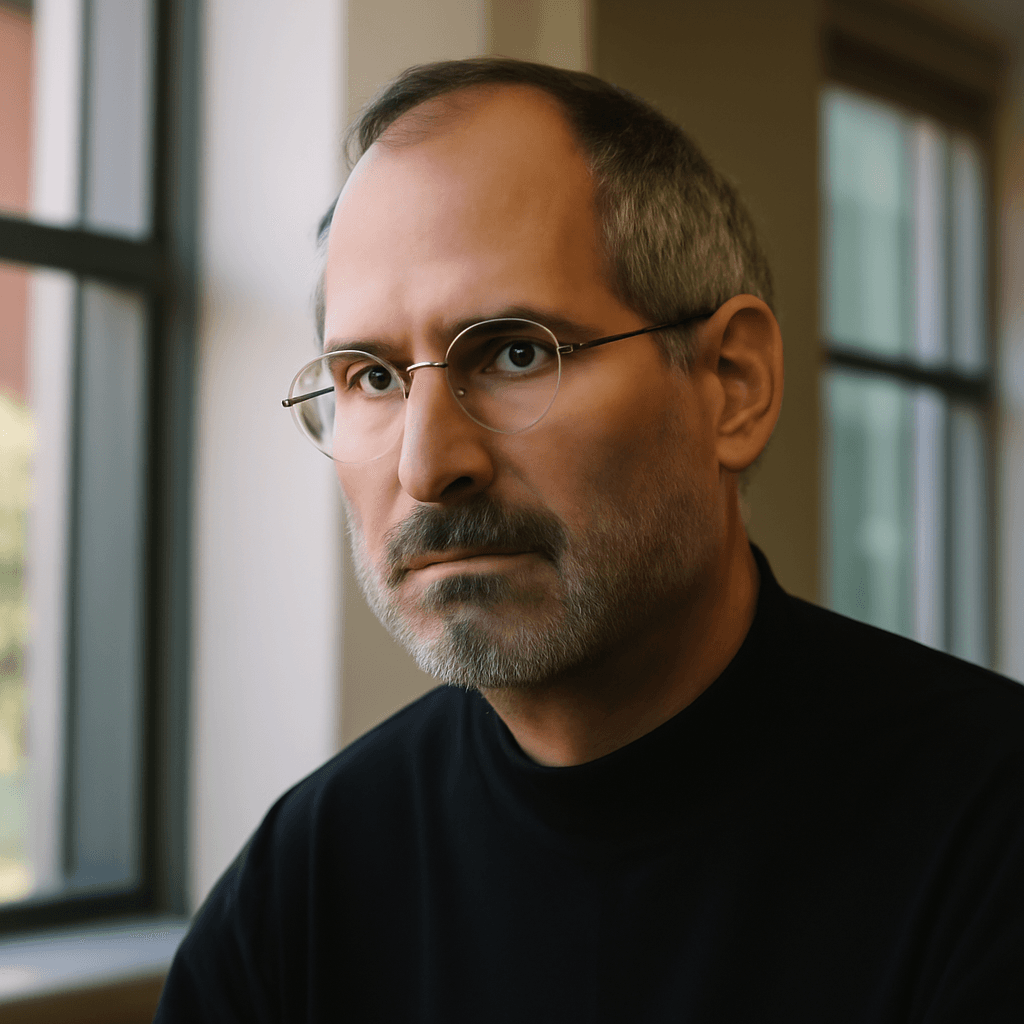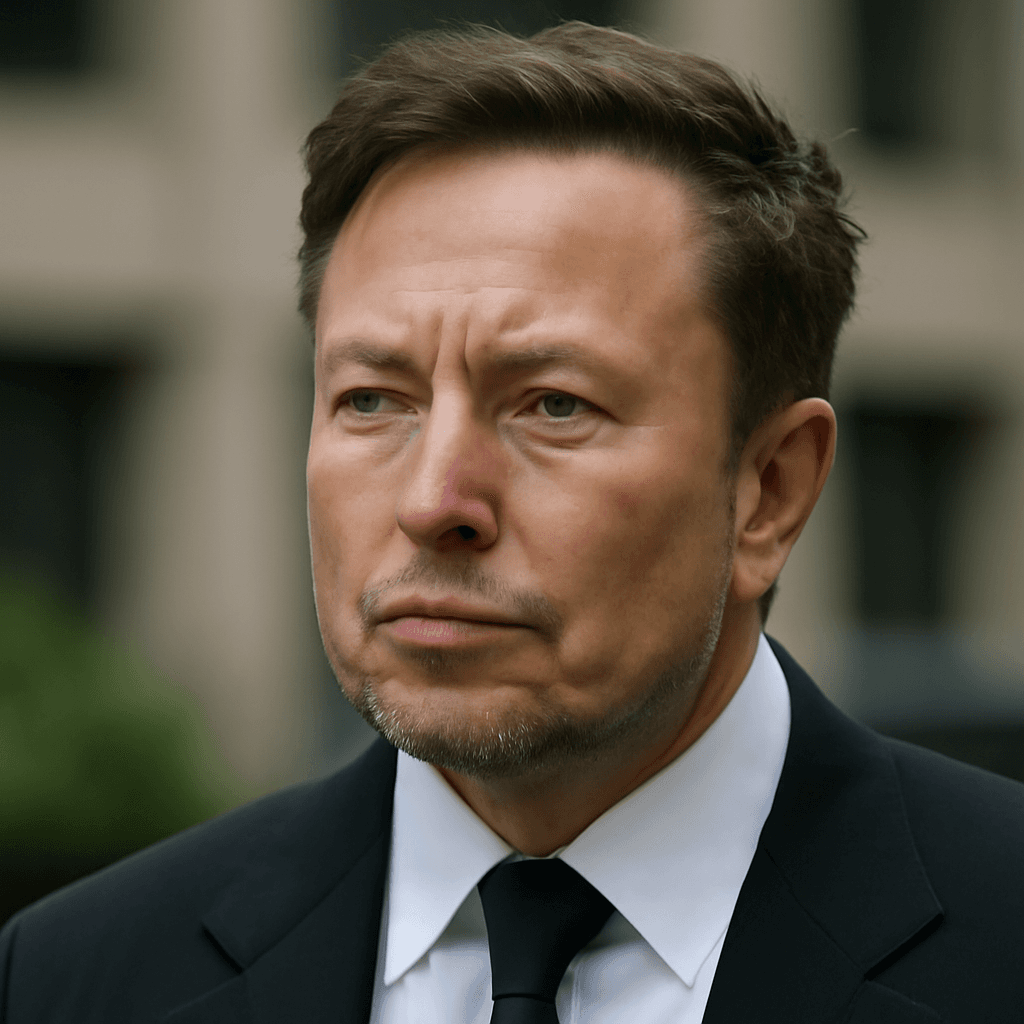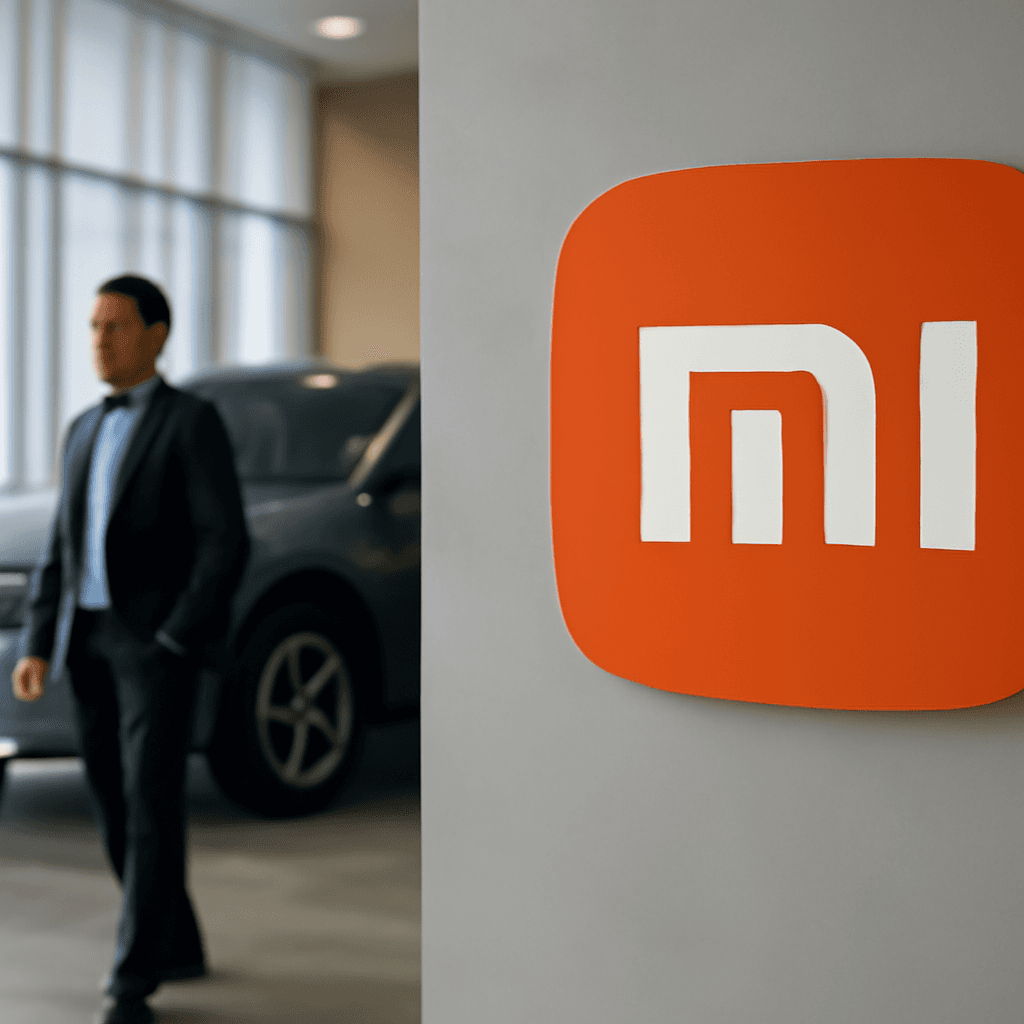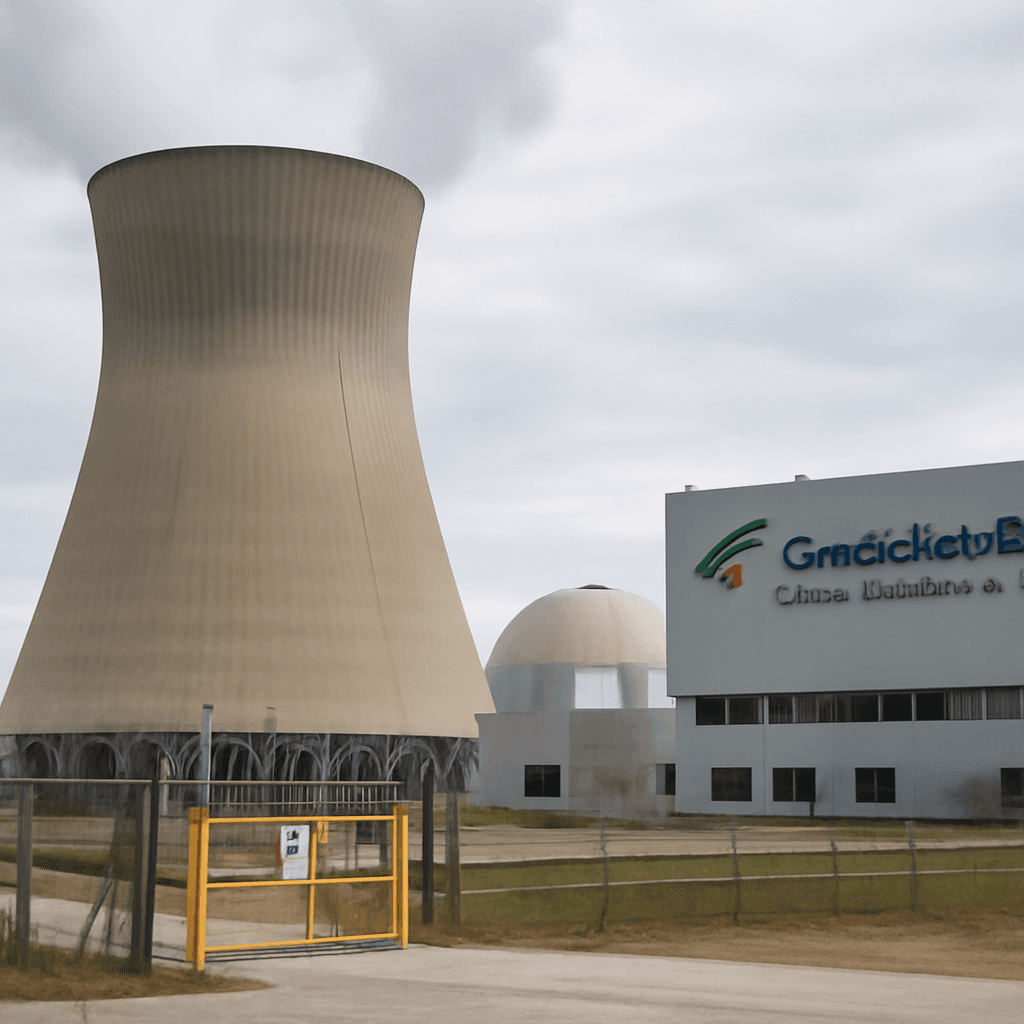The Pressure of the ‘996’ Work Culture on European Startups
European startup founders are facing mounting pressure from some venture capitalists to adopt China’s notorious “996” work schedule — working from 9 am to 9 pm, six days a week. This intense culture, embraced by many Chinese tech giants, has prompted vigorous debate across Europe’s tech scene, with founders and investors pushing back against what they see as a harmful obsession with overwork.
Understanding the Origins and Drawbacks of ‘996’
The “996” culture, which demands a minimum of 72 working hours per week, originated in China and has quietly leaked into global startup environments. Advocates argue it serves as a competitive edge, especially while European companies try to catch up with faster-growing markets in the U.S. and Asia.
However, many European founders see this model as glorifying hustle over smart, sustainable work.
“It's a fetishization of overwork rather than smart work… It's a myth,” said a leading European investor, emphasizing that long hours do not necessarily translate into higher productivity.
Examples in Europe suggest that mimicking this intense work culture can backfire. Take Revolut, often cited as Europe's closest example of a “996” startup; it reportedly struggled with high employee turnover and internal criticism tied to its demanding environment.
The European Way: Innovation Without Exhaustion
European tech giants, such as Spotify and SAP, prove that dominance can come from fostering sustainable cultures and prioritizing innovation — rather than relentless working hours. These companies emphasize balance and regulatory compliance, contrasting sharply with Silicon Valley's "move fast and break things" ethos, which often clashes with Europe’s values on workers’ rights and data privacy.
Generational Shifts and Cultural Resistance
Millennials and Gen Z workers are showing less patience for burnout-inducing hustle cultures. Many see an always-on schedule as a retention nightmare and a recipe for talent drain.
“Overwork today is a productivity crisis tomorrow,” said the co-founder of a European startup. Some even hope their competitors adopt the “996” style, confident that exhausted employees will jump ship, creating new hiring opportunities.
One founder notably remarked that forcing such grueling hours alienates younger talent and risks long-term resentment — a sentiment widely echoed across Europe's innovation hubs.
What European Startups Really Need: Funding, Not Longer Hours
Rather than pushing teams to the brink, founders insist Europe’s real challenge is securing aggressive funding and resources to compete globally. The current gap is stark — European startups have missed out on nearly $375 billion in growth-stage capital since 2015, with many founders turning to U.S. investors instead.
“Europe needs more capital to build healthy, high-performing teams,” argued one investor. With the right support, startups can maintain intensity without sacrificing employee well-being.
Recognizing the Need for ‘Seasons’ of Work
While rejecting the blanket adoption of “996,” some founders acknowledge that intense work periods are sometimes unavoidable, especially in early-stage companies. The crucial difference lies in pacing and sustainability.
Technology advancements, such as AI, can help entrepreneurs streamline workflow and reduce unnecessary labor.
Most agree that the focus should remain on meaningful work without pushing teams to dangerous limits.
The Future of Work in Europe’s Startup Scene
Expectations of adopting the 996 culture may ultimately restrict access to venture capital by excluding founders prioritizing mental health or managing family responsibilities. The European startup ecosystem increasingly values balance alongside ambition — a stance many believe will foster innovation and growth without sacrificing humanity.
In conclusion: Europe’s startup community is choosing sustainable innovation over exhausting work hours. Enhanced funding and smarter working cultures may hold the key to building competitive, lasting companies on the global stage.



